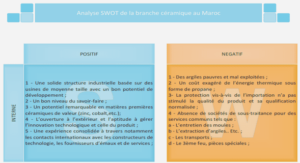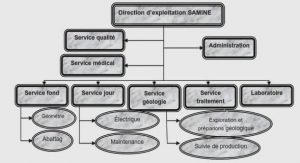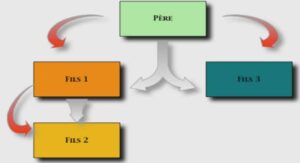Rapid Appraisal
Introduction
The Stage 1 Rapid Appraisal is the initial stage of the PFMRAF. An inherently governmental function, it is led by Mission staff contemplating direct use of partner government systems in the delivery of development aid. As such, the Stage 1 Rapid Appraisal and its components may not be contracted to a third party. The appraisal is designed to be a country level examination of the partner government PFM environment and associated fiduciary and related risks, as well as elements of governance and public accountability. Broadly, the Stage 1 Rapid Appraisal is designed to answer key fundamental questions: What is the overall PFM operating environment in the partner country? Are public accountability institutions and related support mechanisms sufficiently viable to support G2G? Is the level of fiduciary risk manageable enough to justify a more in-depth Stage 2 Risk Assessment(s)? More specifically, the scope of the appraisal includes: Country commitment to development; Country commitment to transparency and accountability in the use of public funds; Country commitment to effective and efficient use of public resources; Existence and quality of policies, legal and institutional framework, and systems supporting transparency, accountability and control, especially in the use of donor funds; Background information on PFM in the sectors and institutions of interest, where relevant; Opportunities for corruption; Governance systems and practices; and Political or security factors that exacerbate fiduciary risk. This chapter provides instructions and best practices for carrying out a Stage 1 Rapid Appraisal. It is important to note that the focus of the Stage 1 Rapid Appraisal and the broader PFMRAF is PFM and fiduciary risk. Though programmatic and other areas of risk may be identified as a part of this process, these observations should be considered ancillary and not substitute programmatic and other analyses required as part of project design.
Partner Government Systems (PGS) Team
The Mission should form the Partner Government Systems (PGS) Team to lead the PFMRAF process, with support from USAID/Washington or regional technical staff where necessary. The PGS Team should be formally designated as outlined in ADS 220. Experience has proven that a “whole-of-Mission” effort is more likely to succeed than one isolated in any office. Where appropriate, including Foreign Service National (FSN) staff involvement will help retain and carry forward the knowledge and experience of the country and process over the long term. Rapid Appraisal 9 Expertise required on the PGS Team typically will include knowledge of and/or qualifications in: Budgeting, treasury and cash management, procurement and contracting, audit and control, and IT systems for financial management and control; The technical and institutional aspects of PFM; Governance and public accountability; Project design and program management The sector(s) known to be of interest for use of country systems; and USAID policies for use of partner government implementation mechanisms and details of the relevant instruments. Beyond their technical qualifications, each member of the PGS Team must demonstrate an open mind free of preconceived conclusions. Members must be data-driven and willing to make decisions based on the evidence garnered. They must have the skills and aptitude for empirical research based on interviews with partner country counterparts. On-site interviews must be informed by objective information that was mastered prior to conducting the interview.
Government-to-Government Risk Management Team (G2GRMT)
The G2GRMT is based in USAID/Washington and supports the PFMRAF and related G2G processes. This team provides policy, guidance, training, and assures quality control and consistency for the use of the PFMRAF. Responsibilities include: Analyzing PFMRAF conclusions and recommendations; Review and clearance of Stage 1 Rapid Appraisal Final Report package; Review and clearance of the Stage 2 Risk Assessment Statements of Work (SOW); Review and clearance of Stage 2 Final Report package. Preparation and Planning Previous experience has consistently confirmed that adequate planning and preparation are keys to a successful Stage 1 Rapid Appraisal. Once formed, the PGS Team should immediately take the necessary steps to coordinate and plan accordingly. The Stage 1 Rapid Appraisal is a project in itself and should be managed as such. Particular items to consider include: Identification, willingness, and availability of partner government representatives PGS Team roles and responsibilities Availability of staff and resources (Mission and G2GRMT) Work breakdown structures (i.e. what needs to get done, by whom and when/timing through report drafting to final.) Do not underestimate the time required for preparations. Depending on the above considerations, it often takes months to plan and execute accordingly.





